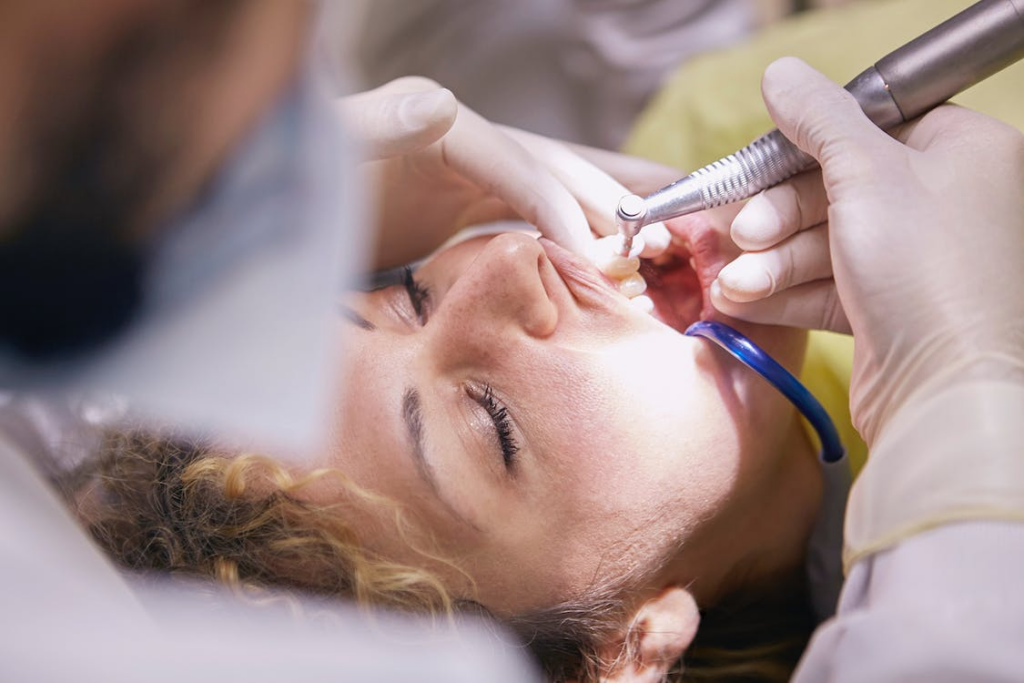
Crowns, also known as dental caps, play a crucial role in preserving and enhancing the functionality and aesthetics of your teeth. Understanding their lifespan and maintenance is essential for maintaining a healthy smile. In this comprehensive guide, we'll delve into the longevity of dental crowns, explore factors affecting their durability, and address frequently asked questions. Dental crowns are renowned for their durability and longevity. On average, crowns can last anywhere from 10 to 15 years, but this can vary depending on several factors. The type of material used for your crown significantly impacts its lifespan. Common materials include porcelain, porcelain-fused-to-metal, and all-metal crowns. Porcelain crowns tend to look the most natural but may be less durable than metal options. Proper oral hygiene is paramount in extending the life of your crown. Regular brushing, flossing, and routine dental check-ups can prevent complications that might shorten its lifespan. The amount of force your crowned tooth experiences can affect its longevity. If you grind your teeth or have a habit of chewing on hard objects, it may wear down your crown faster. Crowns placed in the front of the mouth may last longer due to reduced chewing pressure compared to those in the back, which endure more force during eating. Regular dental cleanings and check-ups can detect issues early and help preserve your crown. Addressing problems promptly can prevent the need for a crown replacement. Once you've invested in dental crowns, it's essential to take proper care of them to ensure their longevity. Here are some tips on maintaining your dental crowns: Maintain a consistent oral hygiene routine that includes brushing, flossing, and rinsing with an antimicrobial mouthwash. This helps prevent plaque buildup and gum disease that can affect the health of your crowned tooth. Be mindful of habits that can damage your crowns, such as chewing on ice, biting your fingernails, or using your teeth to open packages. These actions can lead to cracks or chips in the crown, making them sensitive to cold and hot temperatures. If you grind your teeth at night, consider using a night guard. Teeth grinding can wear down your crowns over time, and a night guard provides protection. Schedule routine dental check-ups at least twice a year. During these visits, your dentist can assess the condition of your crowns and identify any issues early on. Dental crowns come in various materials, each with its own advantages and disadvantages. Let's explore how the choice of material can affect the lifespan of your crown: Porcelain crowns are known for their natural appearance and aesthetics. They can last between 5 to 15 years, depending on how well they're maintained. PFM crowns combine the strength of metal with the natural appearance of porcelain. They typically have a lifespan of 10 to 15 years. All-metal crowns, often made of alloys like gold or silver, are incredibly durable and can last for decades or even a lifetime with proper care. As your dental crowns age, you may wonder when it's time for replacement. Here are some indications that it might be time to consider crown replacement: If you notice visible cracks, chips, or discoloration on your crown, it's time to consult your dentist. These issues can compromise the crown's functionality and appearance. Persistent pain or discomfort around the crowned tooth could indicate a problem beneath the crown. This might necessitate removal and replacement. If decay develops under or around the crown, it may require replacement to protect the underlying tooth structure. A loose crown should be addressed immediately, as it can lead to further complications or even tooth loss. If your crown is made of outdated or less durable materials, your dentist may recommend replacing it with a more modern and long-lasting option. If you're considering dental crowns for cosmetic reasons, choosing the right cosmetic dentist is essential. Here are some tips: San Antonio Smile Dental & Orthodontics, located in the heart of San Antonio, Texas, is your trusted partner for dental care. Our team, under the direction of skilled Dr. Gonzalez, provides cutting-edge dental services that are individualized and family-friendly. We go the extra mile to make your dental experience comfortable and welcoming. Our bilingual team caters to patients of all ages and accepts various insurance plans, ensuring accessible and affordable dental excellence for everyone. You can call or email us to set up an appointment. In the quest for a radiant smile, understanding how long dental crowns last is essential. Their durability depends on various factors, such as materials, oral hygiene, and maintenance. Choosing a reputable dental provider can significantly impact the longevity of your crowns. Remember, a healthy smile is a lifelong investment, and with the right care, your crowns can last for many years, ensuring your confidence and well-being.The Lifespan of Dental Crowns
Factors Affecting the Lifespan of Dental Crowns
Material Matters
Oral Hygiene
Biting Force
Location of the Crown
Dental Care
Maintaining Dental Crowns

Regular Oral Hygiene
Avoiding Certain Habits
Night Guards for Teeth Grinding
Regular Dental Check-Ups
The Lifespan of Different Crown Materials
Porcelain Crowns
Porcelain-Fused-to-Metal (PFM) Crowns
All-Metal Crowns
When Should You Consider Crown Replacement?
Visible Damage
Pain or Discomfort
Recurrent Decay
Looseness
Outdated Crown Material
How to Choose a Cosmetic Dentist
San Antonio Smile Dental & Orthodontics: Your Trusted Dental Partner
Conclusion

How Long Does Invisalign Treatment Take?
Should You Still See a Dentist If a Toothache Disappears?
The Holiday Season Is Here! Here’s How to Enjoy a Feast if You’re Wearing Braces